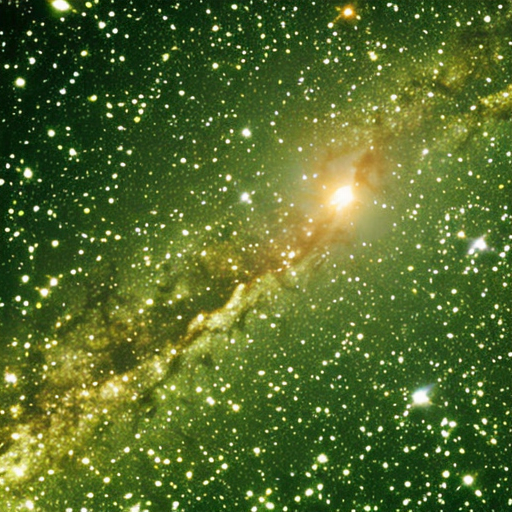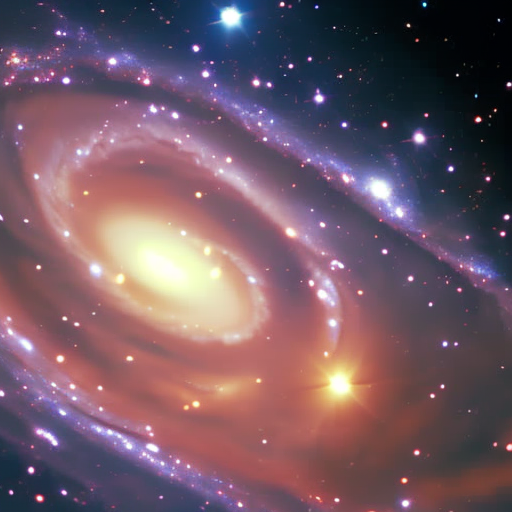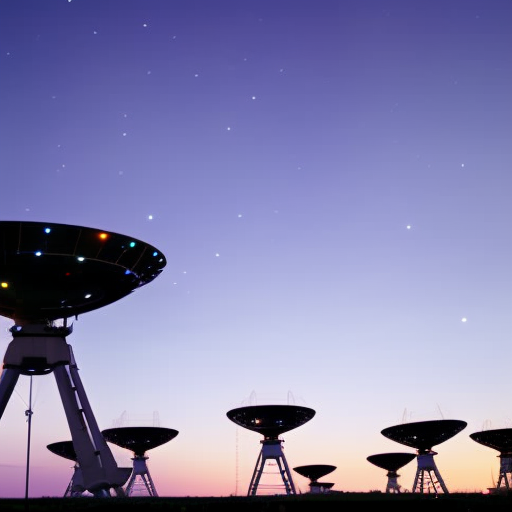Extragalactic astronomy is the study of celestial objects and phenomena outside of our own galaxy, the Milky Way.
Conservation Ecology Explained
Conservation ecology focuses on understanding and preserving the natural environment and its biodiversity.
Environmental Toxicology Explained
Environmental toxicology is the study of how pollutants and toxins impact ecosystems and human health.
Solar Physics Explained
Solar physics is the study of the Sun and its various phenomena.
Observational Astronomy Explained
Observational astronomy involves the study of celestial objects and phenomena through direct observation and data collection.
Cosmology Explained
Cosmology is the study of the origin, evolution, and structure of the universe.
Radio Astronomy Explained
Radio astronomy is the study of celestial objects and phenomena using radio waves.
Spectroscopy Explained
Spectroscopy is the study of the interaction between matter and electromagnetic radiation, used to identify and analyze the composition of substances.
Planetary Science Explained
Planetary science is the study of planets, moons, and other celestial bodies in our solar system and beyond.
Stellar Evolution Explained
Stellar evolution is the study of how stars change and evolve over time.
Palynology Explained
Palynology is the study of pollen and spores to understand past environments, climate change, and plant evolution.
Phycology Explained
Phycology is the study of algae, including their biology, ecology, and applications in various fields.




















